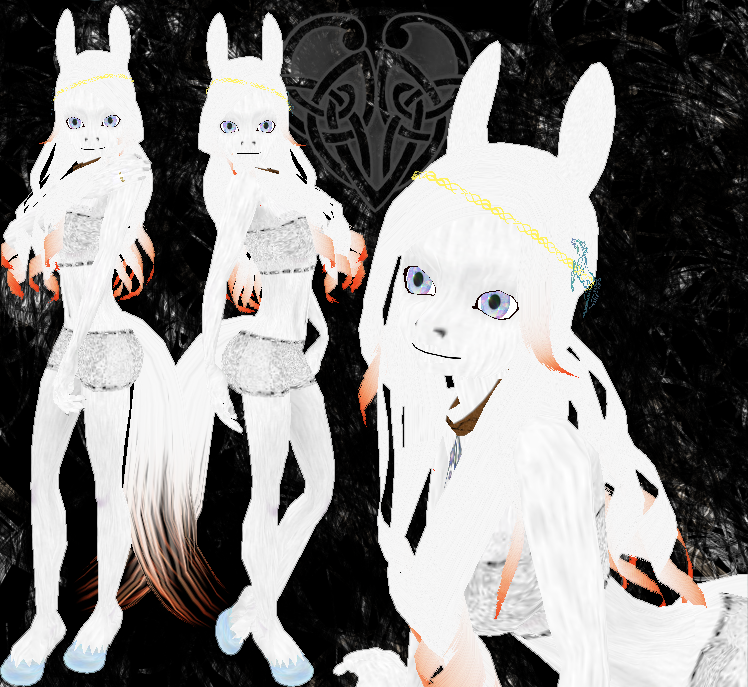The name Epona comes from the later Iron Age language of Gaulish. Gaulish was a Celtic language spoken throughout most of the northwest area of continental Europe. In the Gaulish language, Epos meant horse and Epa was the feminine equivalent that meant a female horse, also known as a mare. The component of “on” found in the name Epona was often found in the names of Gaulish and Gallo-Roman goddesses and gods such as Matrona, Divona and Carnonos. So, by putting these together, the meaning of the name Epona is “divine mare” or “she who is like a mare”.
-Signs and symbols of Epona
Sacred animals- Horses, especially mares and foals. Also birds and dogs.
Images- horse figures or images, cornucopia
Plant- Roses, rosebuds and rose garlands
Incense- Rose, sandalwood
Fruit- the apple is the most common fruit offering to Epona, but a basket of fruits is also a good offering.
-Festival Day (based on the Roman Calendar) December 18th

